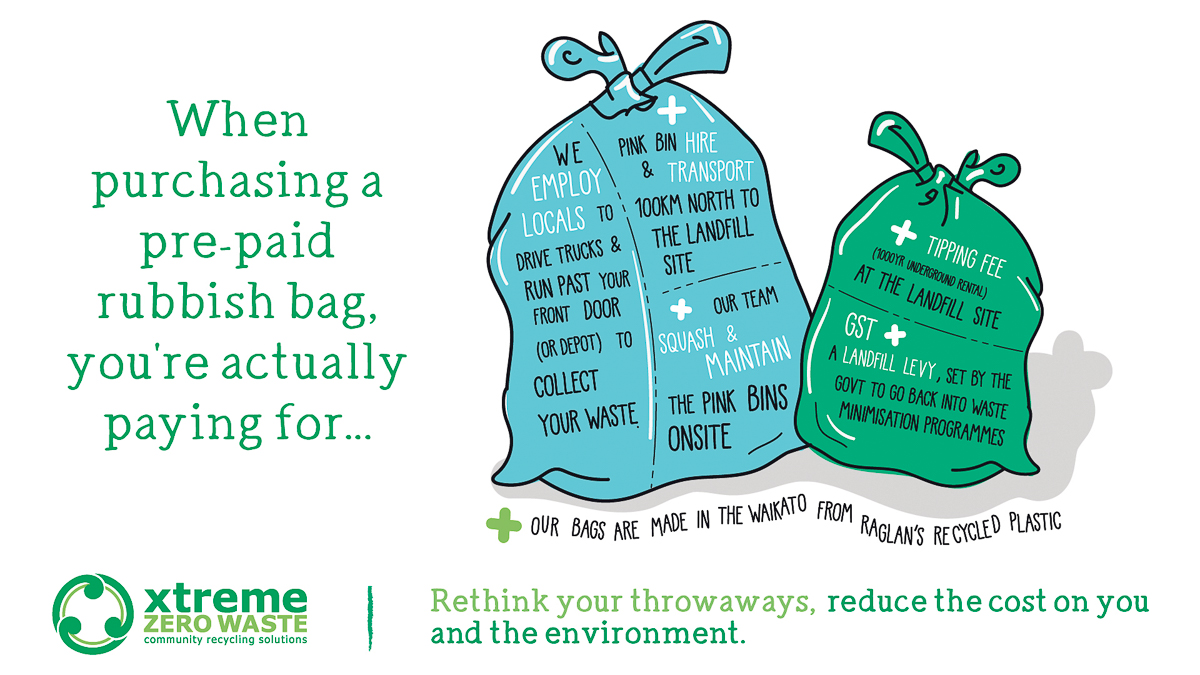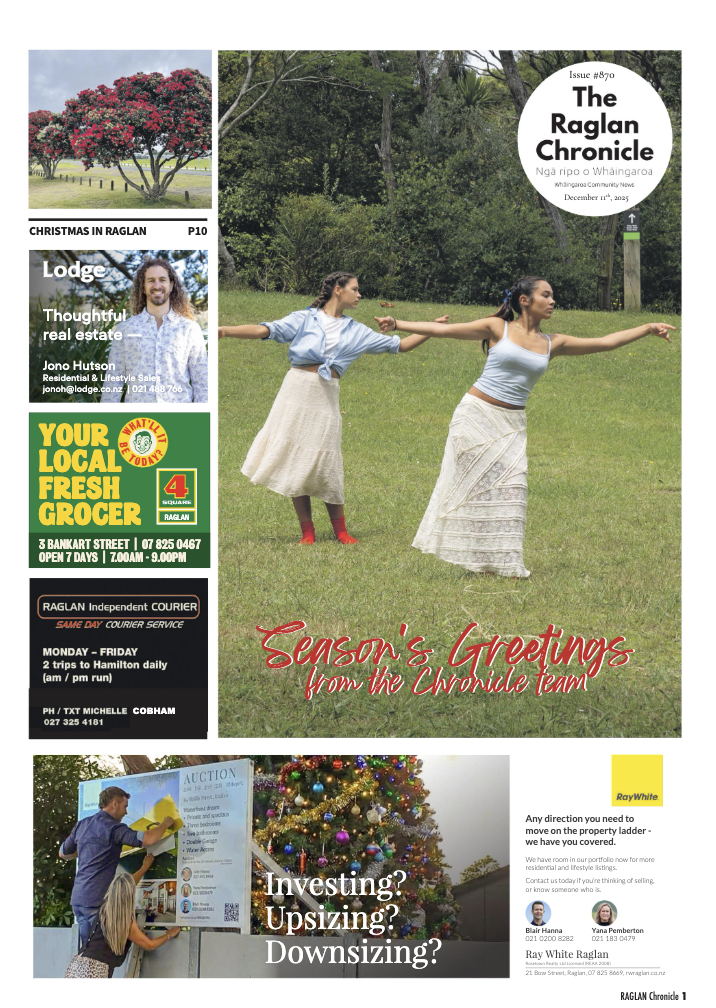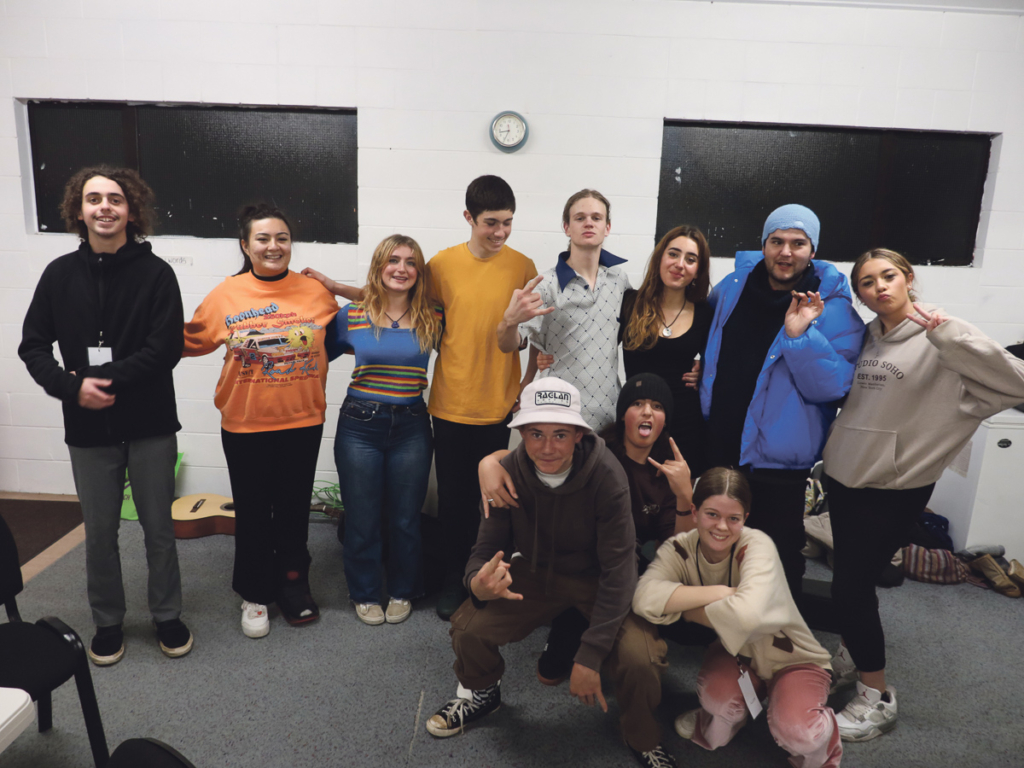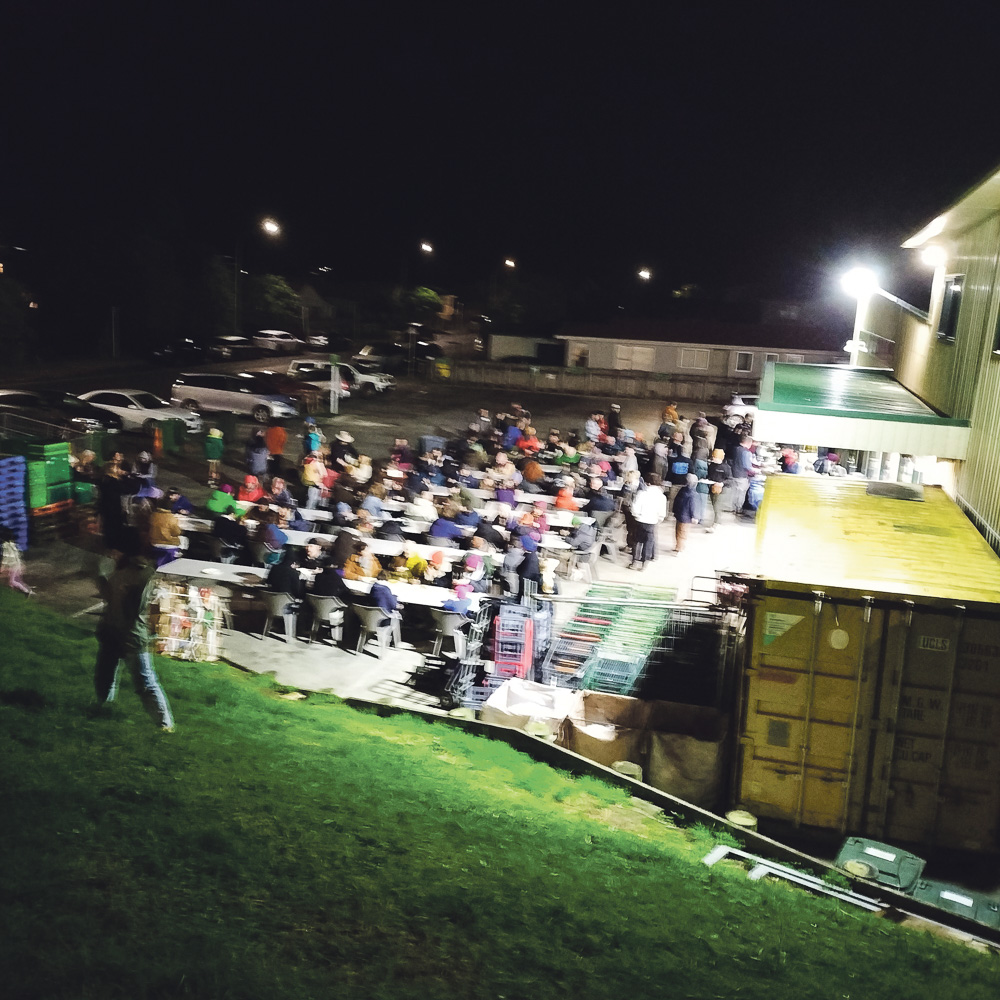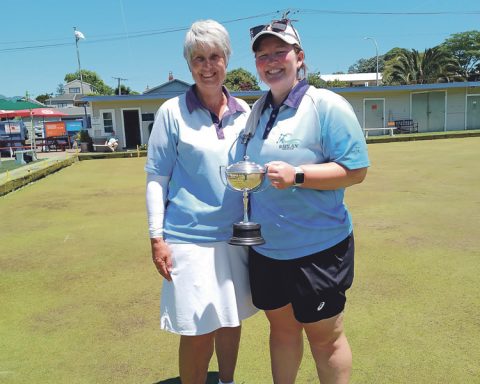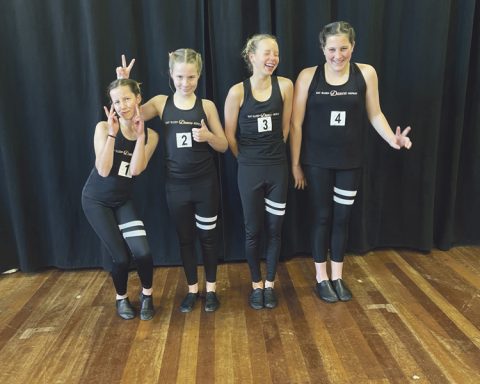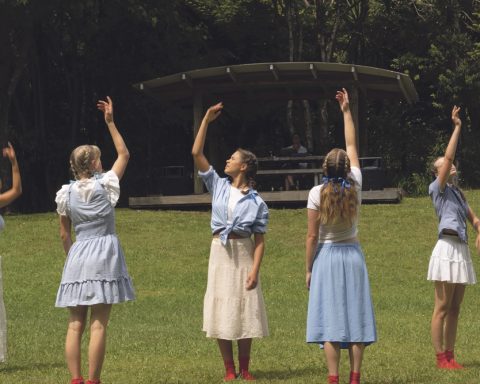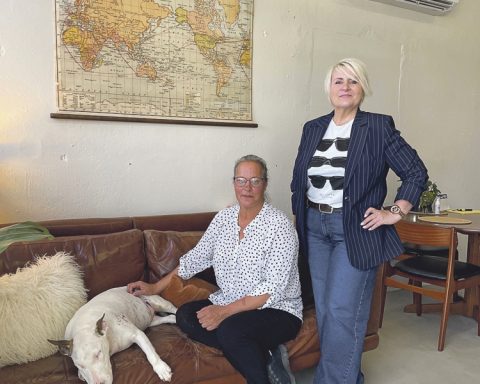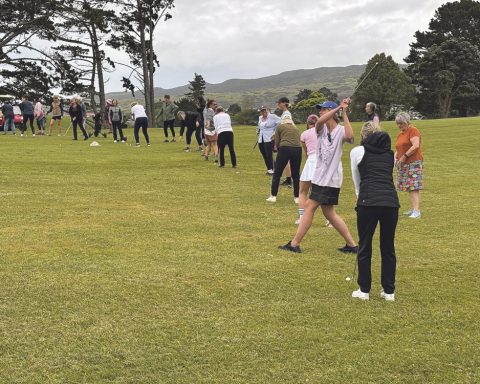Back in 2021, the Government began a series of expansions to their waste levies under the Waste Minimisation Act 2008, and since then, every year on July 1, there is a nationwide increase in waste costs which is also reflected through cost increases at our local resource recovery centre, Xtreme Zero Waste (XZW).
Under the expansion, the levy rate for landfills accepting household waste will be gradually increased over a span of four years. This increment will raise the rate from $10 per tonne, (which was established in 2009,) to $60 per tonne by July 2024. This year the government waste levy increases from $30 to $50 per tonne for mixed municipal waste from residential, commercial, and industrial sources.
For XZW, the landfill costs will be reflected in the cost of prepaid bags and rubbish drop-offs, with costs of trailer loads going from $95 per m3 to $110 per m3 and bags now costing $4.80 for a large blue one and $3 for a small green one.
The primary objective of this levy is to generate revenue to support and promote waste minimisation efforts. It recognises that the act of disposing waste imposes costs on the environment, society, and the economy.
By implementing the levy, it encourages both organisations and individuals to take responsibility for the waste they generate, and it incentivises them to explore more efficient and effective methods to reduce, reuse, recycle, or reprocess waste.
“I know that it could feel intense for people and we totally empathise. It’s another thing to spike up in price, but this is the true cost of the impact on Papatūānuku and the waterways and the air,” said XZW educator, Sarah Lancaster.
Sarah says that the prices that XZW charges reflect a number of costs (above paying for business costs, runners and staff,) explaining that for the cost of a fluffy coffee, you have the option to have your waste collected from your doorstep. It will then be transported approximately 100 km north to a landfill site where it will be stored indefinitely, occupying rented space in the ground. The overall cost also includes a tipping fee at the landfill site, which covers the expenses of processing the waste and using the available space.
Within the cost, there are two more components: the waste levy and GST. These amounts are included in the payment for your waste and are directed back to the government. The waste levy, specifically, contributes directly to waste minimisation programmes that are accessible to community groups through application.
By applying to the waste minimisation fund, organisations like XZW have been able to secure funding to support their waste minimisation efforts – like funding for their new processing plant as well as funding for community education programmes over the years.
“We don’t make any money off any landfill, we’re not in the business of making money off landfill, we’re in the business of reducing landfill,” says Sarah.
The government’s waste levy expansion signifies a larger paradigm shift around how we view and manage waste and in turn, how we consume products and XZW have been ahead of the curve for many years. Unlike other waste management organisations that make money off landfill, XZW implements resources that make it easier for the community to minimise their waste – which ultimately ends in economic savings for the community and better outcomes for the environment. For example, compared to other towns, Raglan has close to 80% diversion rate from landfill.
“I’m really big on trying to care for things and repairing things so we actually have less to throw away. Not just fixing a rip but actually washing a stain and as soon as you stained it – it makes a huge difference,” says Sarah.
Sarah says that we are very fortunate to have a range of services and facilities in our community offered through XZW, and strongly encourages everyone to take full advantage of these resources whether it’s using the food waste service, taking an item to the repair cafe (run by Whāingaroa Environment Centre) or simply looking to the wood yard first instead of buying new for home building projects.
The XZW crew are currently in the process of putting together a video resource for the community which will run over six weeks and covers different parts of the waste hierarchy. The series will cover the six R’s: rethink, reduce, reuse, repair, recompose (which is composting,) and then recycling (all of the steps to do before we landfill.) The online course will be delivered to your inbox via email every week so keep an eye on the XZW social media pages for the details.
This content was supplied thanks to Raglan Community Radio – head to their website to listen to the full interview/podcast: https://raglanradio.com
